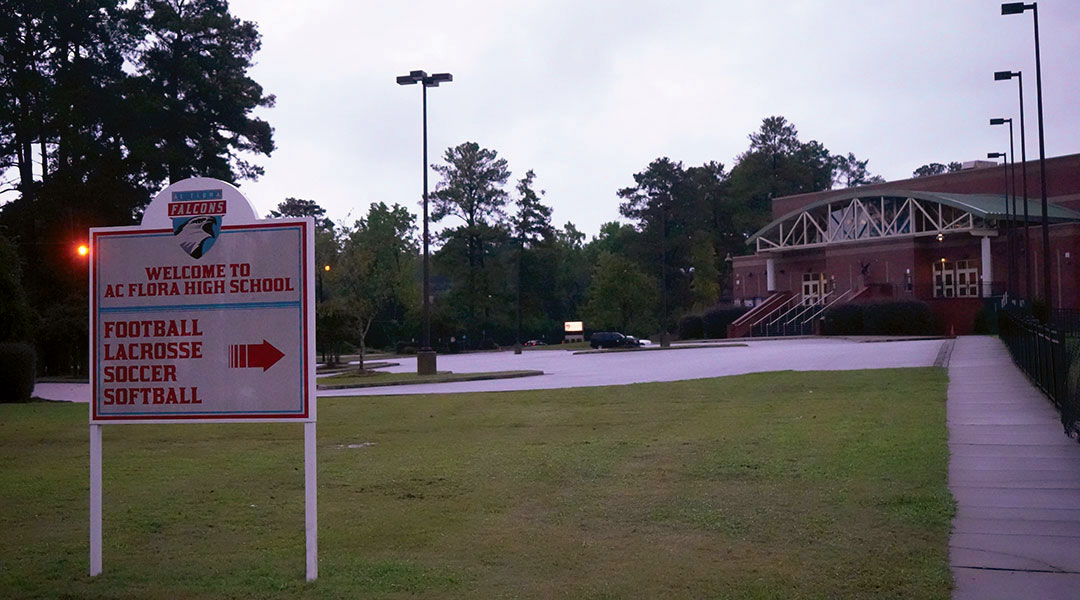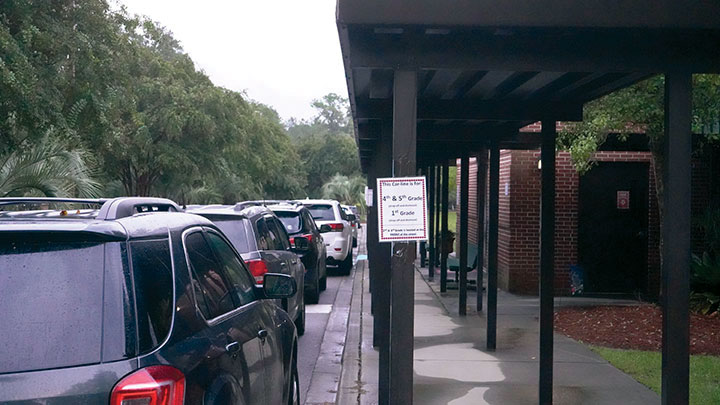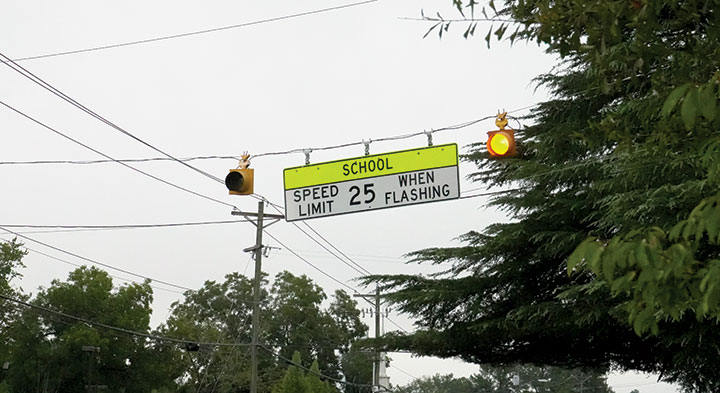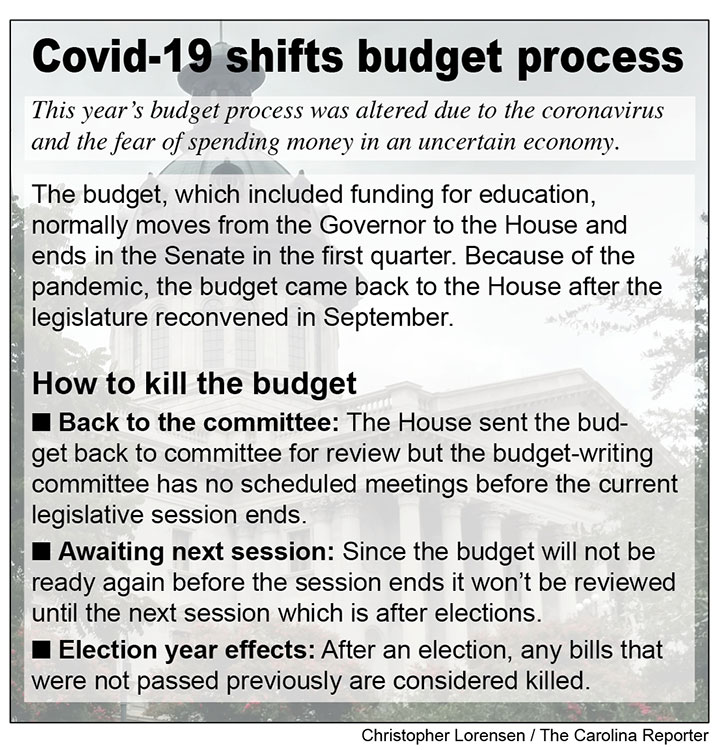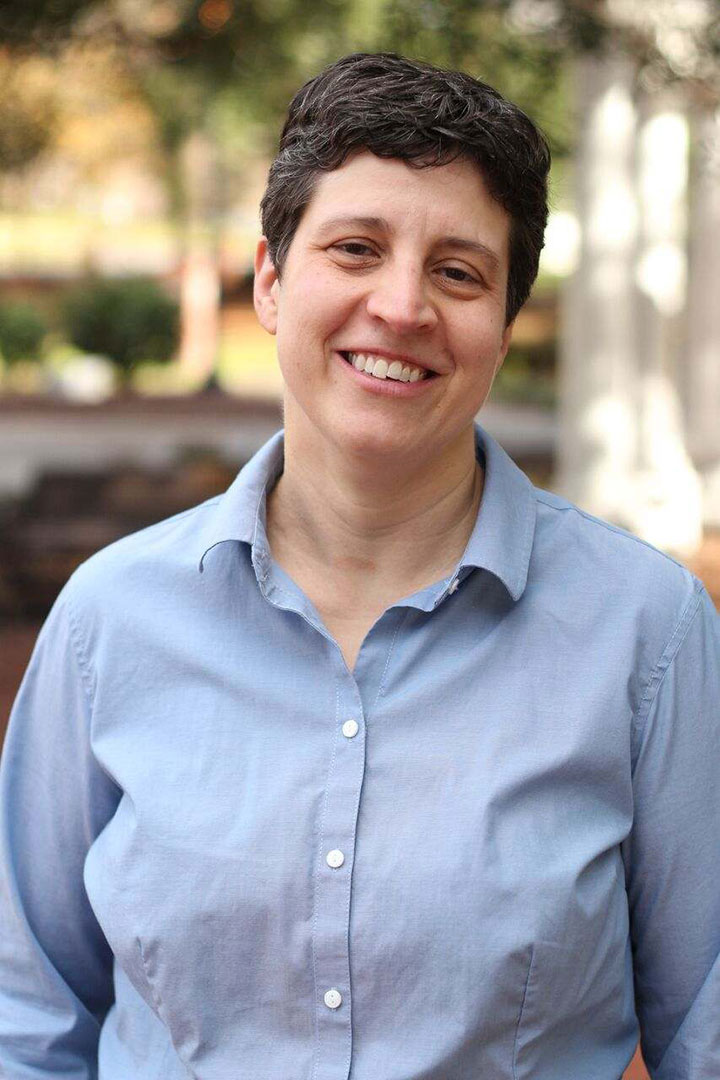Some high schools, such as A.C. Flora High School in Richland 1, are conducting classes online only. Photo: Christopher Lorensen)
Teachers throughout South Carolina rallied on social media Wednesday to demand better working conditions and their promised pay increase.
South Carolina lawmakers said this week it was too early in the pandemic to know how the economy will respond to COVID-19 and rebuffed their demands, opting instead to send the budget back to committee.
Teachers would have received $50 million to offset a pay freeze earlier this year if the budget was approved. House representatives said they did not want to risk running out of funding further into the pandemic and then put people at risk of losing their jobs.
SC for Ed, the organization that brought 10,000 people to the State House grounds in May 2019, encouraged teachers to use the hashtag #standupstepoutsc and talk to their representatives.
“It’s not about us advocating for you, it’s about us giving you the tools and the resources to advocate for yourself,” Lisa Ellis, founder of SC for Ed, said during a Facebook live event. “We know that this is not in the wheelhouse of a lot of teachers and so we really try to understand and comprehend the information and whittle it down so you have access to it.”
Ellis kicked off the day with a Facebook live event. During the online event, teachers contended that they are unfairly compensated for their work, under-supplied with Covid-19 cleaning materials and forced into unsafe classroom conditions that affect teachers and students. The event peaked around 170 viewers, which disappointed some participants.
Lexington Technology Center computer science instructor Esther Abney said teachers were giving up a day of leave with no hope of change this year.
Matthew Ferguson, executive director of the South Carolina Education Oversight Committee, said he does not think most teachers are worried about going back to school five days a week. The EOC works with the SC General Assembly on programs, policies and funding for students, schools, and educational programs.
“The teachers that I know, they are scared because they don’t know the science, but they don’t see going back to work in the classroom any different than going to the supermarket or to a restaurant,” Ferguson said.
Ferguson said he was more worried about the disruption the Facebook live event could cause.
“In the districts that I know it (Covid-19) didn’t seem to cause any major disruptions, which is a good thing,” Ferguson said. “Darlington just went back to school five days a week on Monday. If there had been a lot of teachers out the third day of school, I think that would have been unfortunate for students.”
Teachers on the Facebook live event were concerned they had had to use planning time between classes to disinfect classrooms and were given limited supplies to do the clean-up. Some teachers complained they have yet to receive masks purchased by the South Carolina Department of Education.
Dottie Adams, a SC for Ed board member and eighth grade science teacher, said teachers are “giving people,” which is what drives many to the profession but makes them easy to take advantage of. She also sees disparity among education districts which causes confusion. Some districts, she said, compensate their teachers well for extra work but others expect teachers to be available at all times for extra duties.
“There should be a clear cut ‘This is your start time, this is your end time, this is what you are going to be compensated for if you choose to work above that,’” Adams said.
SC for Ed focuses on getting out information and empowering teachers to speak up about their concerns so they are properly compensated for extra work. The organization wants to educate teachers to and have a voice heard by their representatives.
“The business community has the financial resources to make those connections; education hasn’t and we feel we haven’t had a seat at the table in that process,” Adams said.
SC for Ed calls the failure of the South Carolina House to pass the budget and fund teachers “wildly disappointing.”
Adams said without the pay increase, the proper equipment or a safe environment, the state will fail to attract a sufficient number of quality teachers.
Adams said the budget needs to pass and pay needs to be competitive across not only state lines, but district lines as well. Adams sees discrepancies across districts because of funding.
“I am amazed that people still pick this major when, especially for women, there are so many other options out there,” Adams said. “I am thankful when people pick this profession because I like to have colleagues and I don’t like to have classes of 50.”
Sherry East, president of the South Carolina Education Association, which operates under the SCEA logo, said that overly large classes and a failure to pass a budget to better fund teachers is hurting retention.
East said teachers are juggling teaching in person and online at the same time reducing their ability to give each student the attention they need.
“It’s setting us up for failure,” she said. “Those kinds of conditions, on top of being told you’re not getting your step increase right now either.”
When it comes to online classes, East said teaching virtually doesn’t make larger classes any easier for teachers and they need to find a way to reduce the student to teacher ratio. She says some teachers have more students than normal and it’s causing them to quit and find new work.
“This isn’t a canned virtual program like when you take a grad class or an online class,” she said. “These teachers are really teaching lessons every day.”
SC for Ed is hosting another event in January when the legislature returns and there is another chance for teacher funding.
Some schools have some in-person classes like Satchel Ford Elementary School in Columbia. Photo: Christopher Lorensen
School zone signs continue to operate at some schools like Alcorn Middle School to accommodate activities, such as football practice. Photo: Christopher Lorensen
SC for Ed board member Dottie Adams teaches eighth grade science and understands the budget frustrations teachers are facing. Photo: Laurie Kellogg
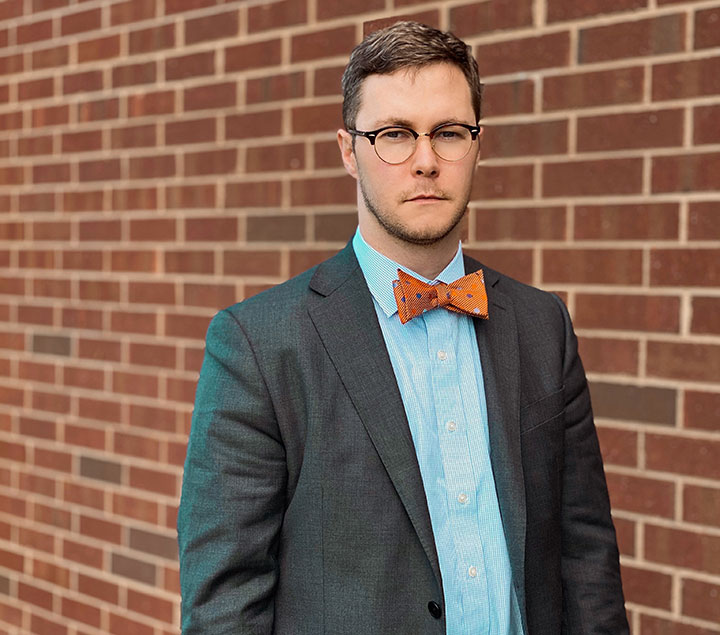
Executive Director of the South Carolina Education Oversight Committee Matthew Ferguson says most teachers are not worried to go back to the classroom five days a week. Photo: Jesse Childs

